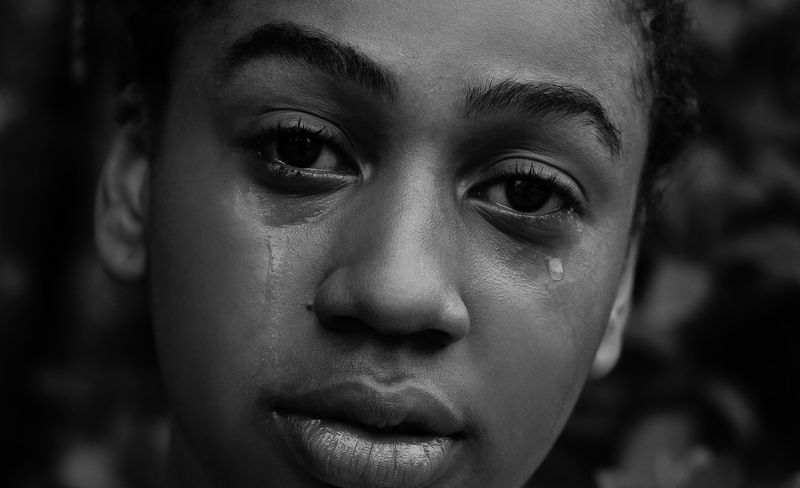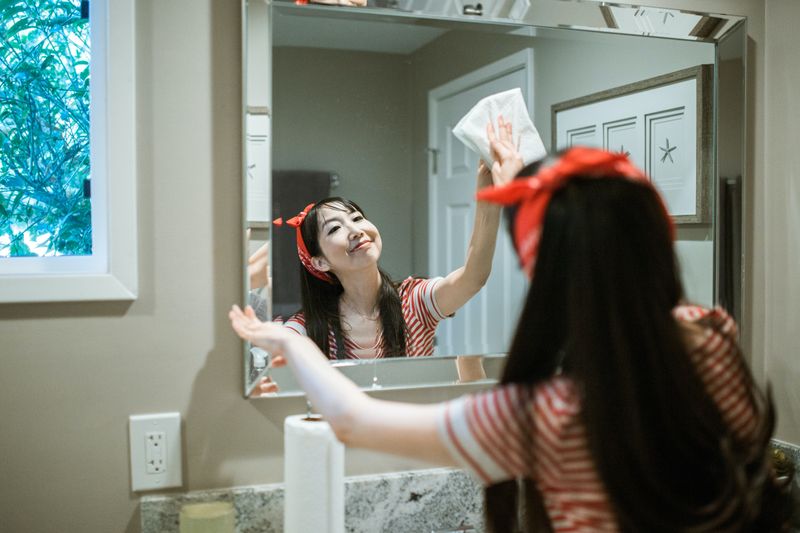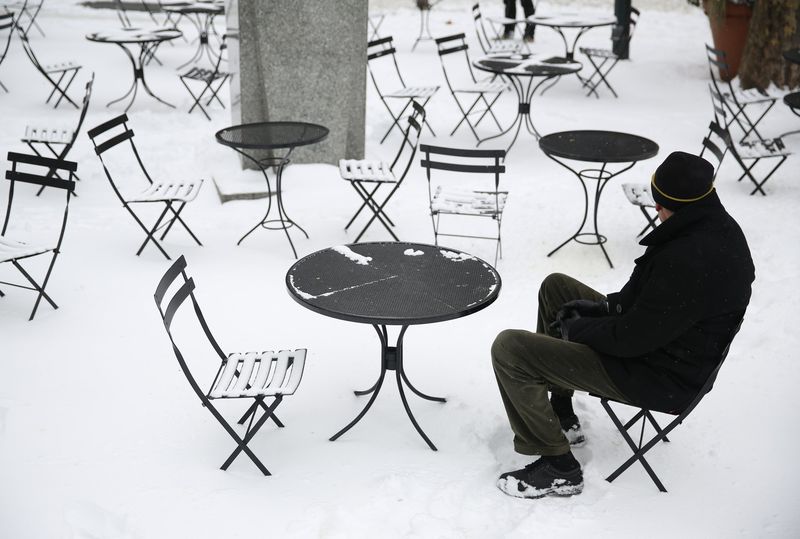Let me put it like this: you’re living by someone else’s script, even when you swore you’d break free, am I right? Well, that’s the reality for a lot of us who grew up in homes where rules were more than just house guidelines—they were survival strategies.
Some of these rules are still tangled up in my daily life, shaping choices I make as a grown woman who’s supposed to know better—but sometimes still doesn’t. This isn’t a list of advice. It’s a lay-it-all-out confession, a reckoning with the invisible contracts that still run my show.
Let’s get into the rules I never signed up for—but can’t fully let go.
1. Emotions Are Private Property
I learned early that tears belonged behind closed doors. I could laugh at family dinners, sure, but anger, fear, or anything raw? That had to be tucked away—preferably out of sight, definitely out of mind.
Decades later, I still catch myself swallowing words when my chest tightens. In relationships, it meant I rarely said what I actually felt. It’s wild how deep that wiring goes. I have to remind myself now: nobody’s going to scold me for crying at the kitchen table. That’s my permission slip—still hard to cash.
When I see my friends cry openly, I feel both envy and a tiny jolt of hope. Maybe one day, letting it out won’t feel like breaking a fundamental rule of being me.
2. Don’t Rock The Boat
It started with keeping my voice low in family arguments. “Don’t make a scene,” my mother would say. I became expert at swallowing my disagreements—looking calm while my mind screamed.
Now, speaking up in a meeting or even disagreeing with a friend feels like an act of rebellion. The urge to keep peace is a reflex, not a choice. Sometimes, I wonder if people even know the real me or just the agreeable version I grew up performing.
I’m learning that rocking the boat doesn’t mean sinking it. But unlearning silence? That’s a voyage on its own.
3. Good Is Never Good Enough
Perfection was the family sport. Spelling tests, piano recitals, report cards—anything less than top marks needed fixing. A-B grade? Why not A+? Gold star? There’s always the next one.
That drive still haunts my work and relationships. I edit emails ten times. I replay conversations, nitpicking my words. It’s exhausting—chasing an imaginary scoreboard that never signals “enough.”
The hardest part is believing I’m valuable on my off days. The world won’t end if I let something be imperfect, but my body still braces for fallout that never comes.
4. Invisible Until Needed
If no one needed me, I learned to disappear. I would hover at the edges—quiet, helpful, almost invisible.
Now, I fade out in crowded rooms, waiting for a signal that it’s my turn to matter. I’m the friend who listens, the colleague who takes notes, the daughter who never needed much.
Some days, I ask myself: do I know how to be seen just for being me? Or do I only show up when someone else needs something? It’s a question I still don’t have a full answer for.
5. Appearances Matter Most
The lesson was loud and clear: neighbors notice everything. Our home was spotless. We smiled for photos—even after arguments. Outfits were checked twice before stepping outside.
These days, I still catch myself smoothing wrinkles that don’t show. I stress over social media tags. I rehearse my answers in advance, terrified of looking foolish.
Sometimes I wish I could just let go and wear the messy bun to brunch. But old habits are stubborn, and approval can feel like oxygen.
6. Needs Are Selfish
Growing up, asking for more—seconds at dinner, time alone, even a hug—was rarely rewarded. “Other people have it worse,” I heard. So, I learned to shrink my wants and swallow my needs.
Now, I almost apologize for ordering dessert. I debate if I’m allowed to feel tired or ask for help. It’s like there’s a scoreboard and I’m always losing points for wanting anything.
I’m working on remembering: my needs aren’t an inconvenience. But that inner voice? Still pretty loud some days.
7. Keep Conflict Quiet
Arguments weren’t forbidden—they were just supposed to happen in whispers, behind closed doors. The walls had ears. I learned to keep my voice soft and my face neutral.
Now, I find myself bottling up issues at work and in relationships. I rehearse my points in my head, worried about making others uncomfortable.
At times, open conflict still feels like a crime rather than a conversation. I want to believe that honesty won’t burn everything down—but I’m not there yet.
8. Forgiveness Is Mandatory
Forgive and forget—or at least pretend to. That was the rule. You could get angry, but you had to move on fast, no grudges allowed.
There’s pressure to patch things up, even when you’re still hurting. I found myself apologizing just to smooth things over, not because I’d healed.
Learning to sit with hurt, to decide if and when I want to forgive, feels rebellious. But it’s given me space to actually process and heal on my own terms.
9. Family First, Always
Birthdays, holidays, Sunday dinners—you dropped everything for family. Loyalty was non-negotiable. I learned to cancel plans, say "sì" by default, and show up no matter how tired I felt.
Even now, I feel guilty booking solo trips or prioritizing my needs. The urge to put family above all else is both grounding and suffocating.
I’m learning that loving my family doesn’t mean abandoning myself. But the guilt? That part’s not so easy to shake.
10. Privacy Is Protection
We guarded secrets like they were gold. What happened at home stayed at home—no exceptions. I learned to keep my stories close, trusting only a tight circle.
Even now, I hesitate before sharing good news or struggles. I worry about oversharing, about being vulnerable in the wrong company.
Letting someone in feels risky, even when my head knows better. Now and then, when I share a secret and the sky doesn’t fall, I breathe easier.
11. Respect Means Obedience
Respect wasn’t earned; it was demanded. I addressed elders with “sir” e “ma’am.” Questioning authority? Off limits. I learned to nod and comply, even when I disagreed.
Now, I struggle to challenge supervisors or push back when treated unfairly. My heart pounds; my mouth stays shut.
Respect is more complicated as an adult—now I want it to go both ways. But that old habit of obedience still tugs at my sleeve.
12. Don’t Air Out Dirty Laundry
What happened at home stayed at home. We didn’t talk about problems, not with neighbors, not with friends. If something was wrong, you put on a smile and kept quiet.
Now, I struggle to admit when I’m struggling. Funny, right? I still worry about judgment and exposing family flaws.
Talking about real stuff in therapy or with close friends felt dangerous at first. But honesty tastes like freedom at the moment, even when it’s scary.
13. Busy Is Best
If you had time to relax, you weren’t working hard enough. My schedule was always packed—school, chores, activities. Busy was a badge of honor.
Now, I fill my calendar to the brim, terrified of empty spaces. Doing nothing feels wrong, like I’m missing a deadline I can’t name.
Lately, I’m letting myself pause—just for a minute. But rest still feels like rebellion, not self-care.
14. Mistakes Are Fatal
One wrong move and the sky would fall. Mistakes weren’t lessons—they were catastrophes. I still remember the panic of breaking a glass or missing a homework question.
That fear still shadows my choices. I double-check everything, terrified of tripping up.
I want to believe mistakes are just part of living. But old fears don’t retire easily. Every slip feels like a test with no retakes.
15. Success Is Survival
Achievement wasn’t just a goal—it was proof of worth. Awards, straight A’s, recognition from relatives—these were my armor. Success meant safety.
As an adult, I chase wins but often feel hollow, like I’m running on fumes. The applause fades, but the need to win never quits.
Once in a while, I wonder who I’d be if I stopped running. But I haven’t figured out how to stop yet.
16. Independence Means Isolation
Self-reliance was currency in my family. “Don’t burden others” was gospel. I fixed my own problems, stitched up my wounds, kept my cards close.
Now, asking for support feels almost shameful. I pride myself on handling everything, but loneliness often creeps in.
I’m learning that independence doesn’t have to mean isolation. But trusting others with my mess is a skill I’m still practicing.
17. Never Show Weakness
“Toughen up,” they said. Tears, fears, doubts—those were private. Out in the world, you showed grit or nothing at all.
I catch myself clenching my jaw and powering through pain—physical, emotional, all of it. Vulnerability still feels risky, like a luxury I can’t afford.
I’m learning that real strength can look soft. But most days? My armor still fits a little too well.


















